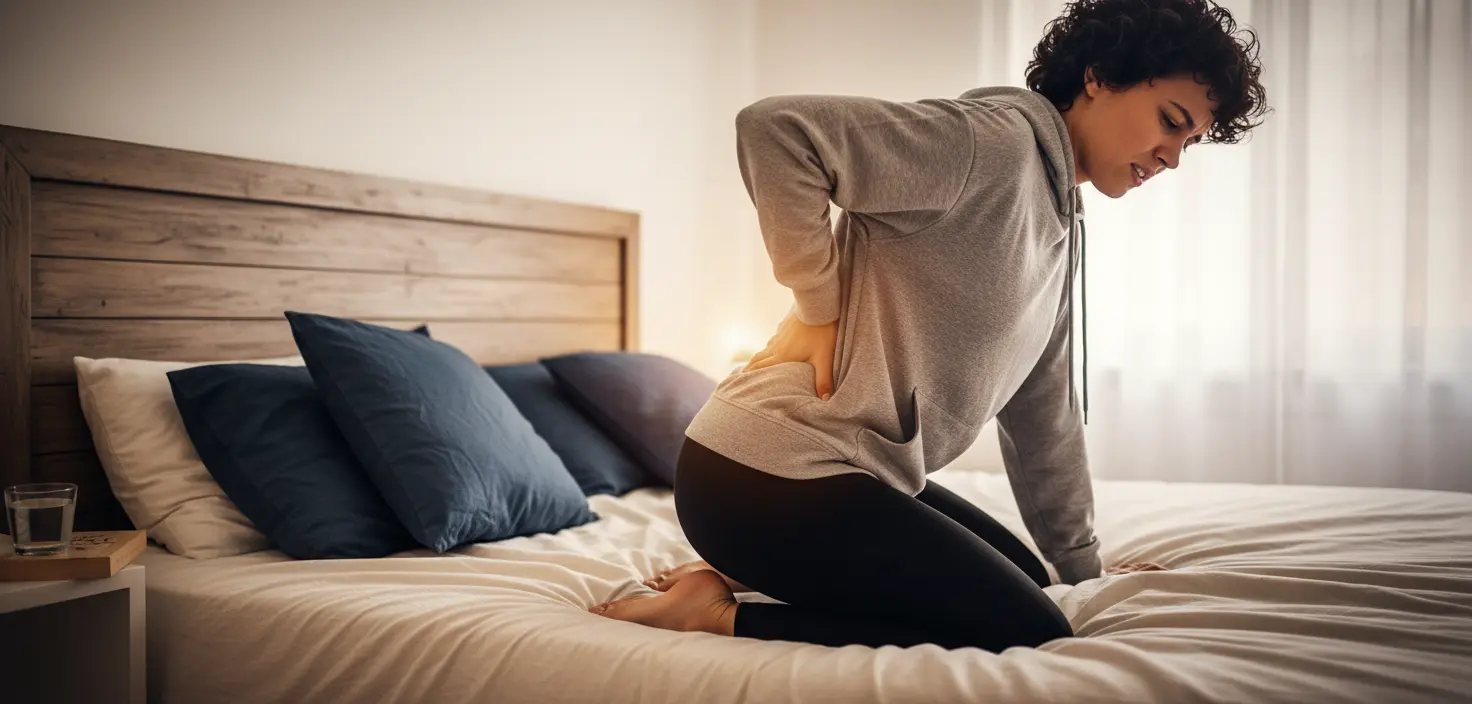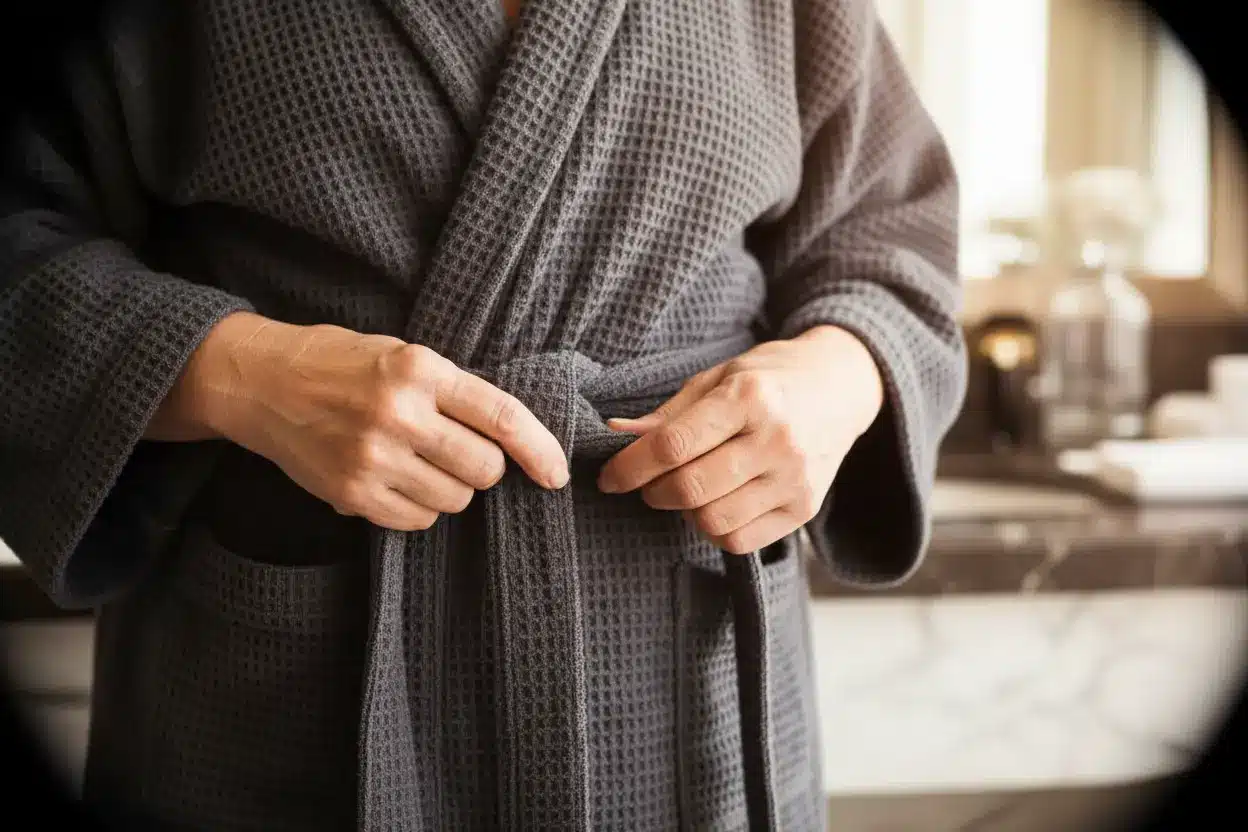Let’s face it: back pain is the party crasher nobody invited, but it turns up everywhere. You’ve felt it, your boss has felt it, and odds are, the teenager next door has complained about it too—probably just after noticing they can’t slouch through double geometry class without a twinge. But is our go-to villain—bad posture—really to blame for this global nuisance? Not so fast, say the experts. Turns out, bad posture might not be the criminal mastermind we’ve made it out to be.
Back pain: The world’s unwanted companion
Back pain isn’t just common; according to Science Alert, it’s the leading cause of disability worldwide. These aches, sometimes sharp and radiating along the spine, don’t wait until old age to show up—they often strike in adolescence. And, if you’re unlucky, about 25% of those who suffer from back pain can expect it to stick around, turning the occasional twinge into a long-term (and unwanted) relationship.
Most of us have grown up hearing that our bad habits—slouching at our desks, hunching over laptops, or sitting half-melted into office chairs—are to blame. The idea that good posture equals a healthy, pain-free back is, frankly, as widely believed as the existence of socks lost in the laundry. But are we all just victims of a persistent myth?
Breaking down the posture myth
Enter Peter O’Sullivan, professor of musculoskeletal physiotherapy at Curtin University in Australia—a man on a mission to bust some spine-related stereotypes. His message is straightforward and surprising: there’s no strong evidence linking “good” posture to preventing back pain. And the plot thickens. A series of studies have shown that giving workers ergonomic interventions or coaching manual laborers in “proper” lifting posture hasn’t actually reduced the number of work-related back pain cases.
To reach this back-bending conclusion, researchers started by observing adolescents. The burning question: do those infamous “slouched” sitting positions or “non-neutral” standing postures in youth set a person up for future misery? According to O’Sullivan, they found little support for this theory. In other words, your teenage years of leaning dramatically over your phone may not be as damning as your parents warned.
Lifting the weight of misconception
The study didn’t stop with teenagers. Manual workers—champions of heavy lifting everywhere—were next up for a posture investigation. Scientists examined how people lift, whether they round their backs like Halloween cats or adopt textbook squat positions. And once again, the evidence refused to play along: lifting with a rounded back was not directly linked to developing back pain.
From all this, the scientific consensus emerges: there is no specific posture that can shield you from lower back pain. Why? Simple—everyone’s spine is like a fingerprint: uniquely shaped and sized. Rather than clinging for dear life to the idea of one “correct” posture, it’s probably far better to change and adapt positions in ways that feel comfortable for you. If you can switch it up throughout the day, you might just be doing your back a favor.
So what can you actually do?
Of course, if you’re dealing with back pain that could be caused by something serious—like a fracture or an infection—go see a doctor, stat. No debate there. But for the everyday aches and stubborn knots, Peter O’Sullivan has some down-to-earth advice that won’t have you haunting the office supply store in search of the perfect ergonomic chair.
- Move and relax your back regularly
- Get some physical activity on the calendar (no, scrolling doesn’t count!)
- Maintain healthy sleep habits and try to keep your body weight in balance
- Take care of both your physical and mental health
In summary? Instead of waging war against the way you stand or sit, focus on what makes you feel good and keeps you moving. Your spine, in all its individual glory, will probably thank you for it. Back pain may be common, but at least now, you’re in on the secret: sometimes, it’s not about how you sit—it’s about how you live.

John is a curious mind who loves to write about diverse topics. Passionate about sharing his thoughts and perspectives, he enjoys sparking conversations and encouraging discovery. For him, every subject is an invitation to discuss and learn.






